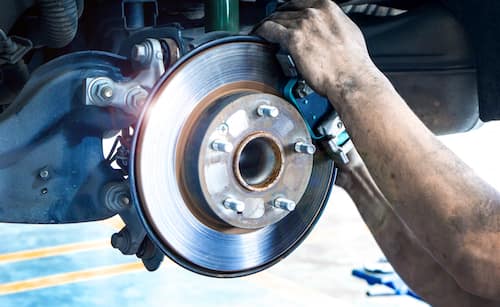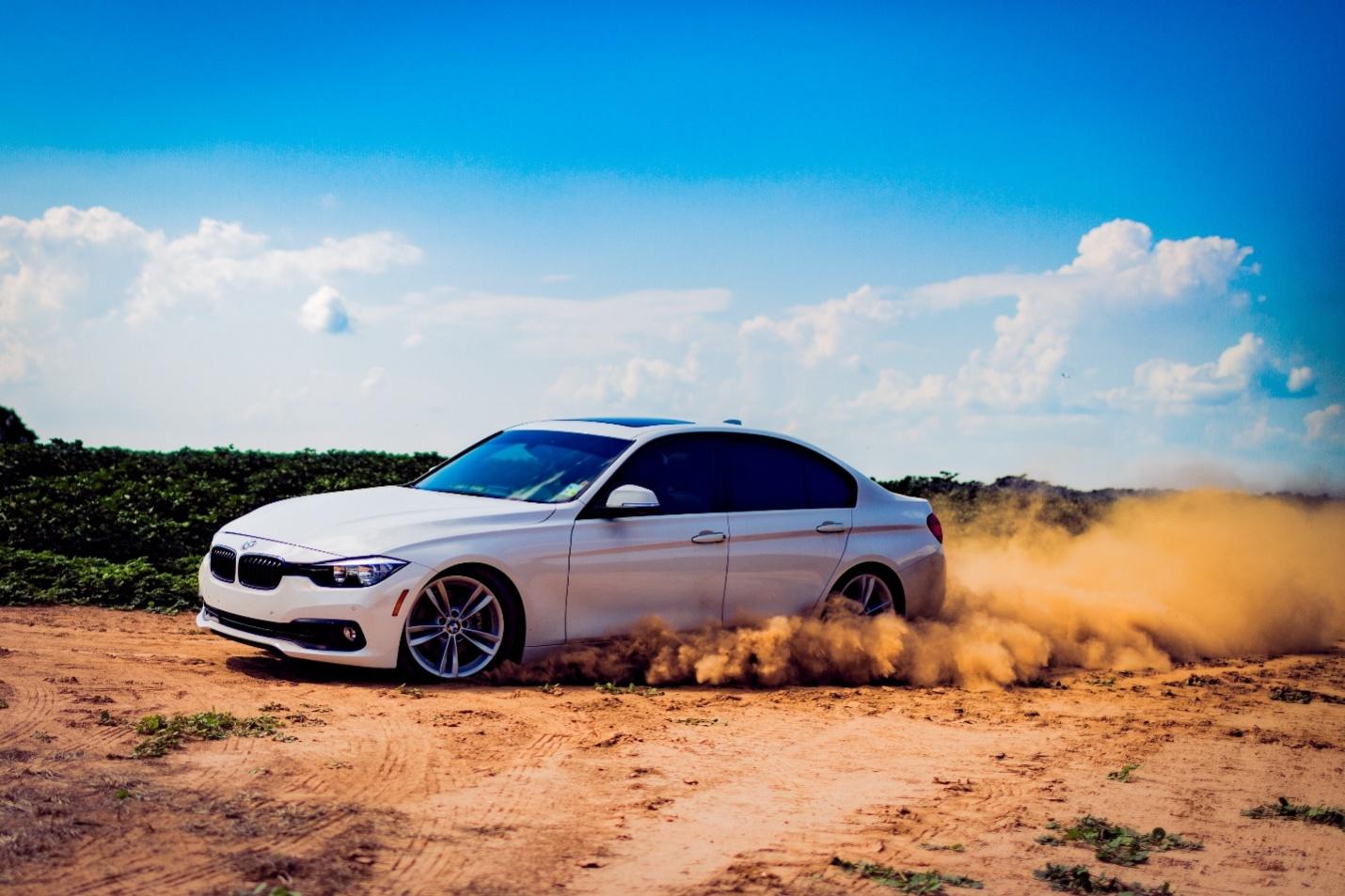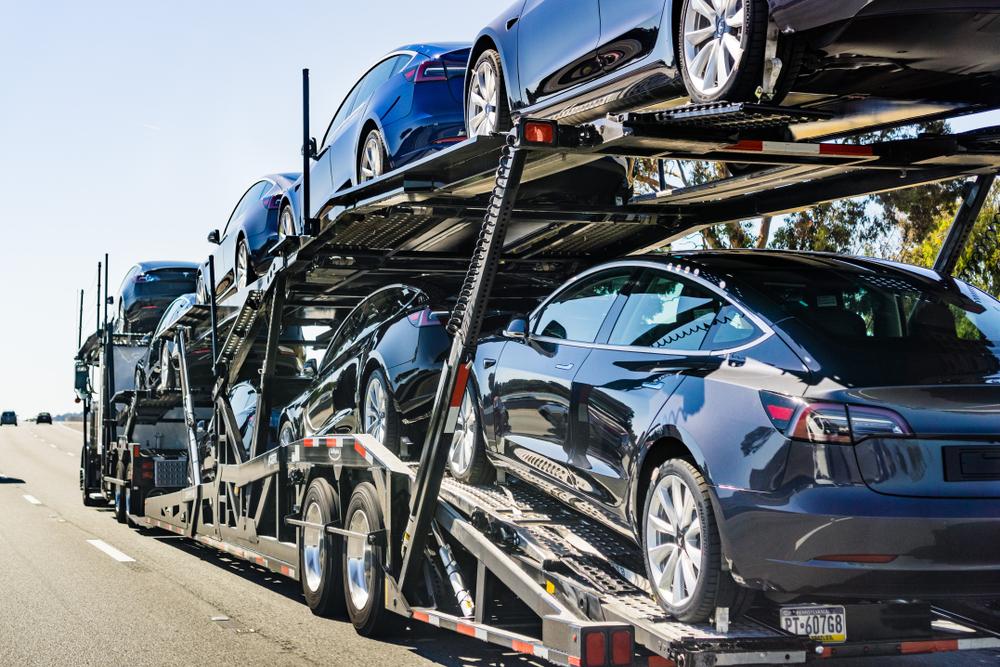Driving a BMW represents the ultimate combination of luxury and performance with precision. Nevertheless, the same luxury car faces problems with squeaky brakes despite being annoying, but often more distressing. In this blog, we will present the most common reasons for squeaky brakes in BMWs and how to get rid of them. We will help you understand the underlying issues and know when to seek assistance from a BMW mechanic in Sydney.
Common Causes of BMW Brake Squeaking
BMW brakes respond with a very sensitive touch, but they also tend to squeak over time. Such noises could be harmless, but sometimes these sounds may indicate areas that need to be attended to. The following are the main causes of squeaky brakes for BMW cars and when you might need brake service and repair.
Worn Brake Pads
The most common cause of squeaking noises due to worn brake pads is in BMW brakes. As the material thins down due to wear, the wear indicator rubs against the rotor, which produces a squealing sound. This is a nice safety feature that will alert drivers when it’s time to replace the pads before more damage happens. A worn brake pad requires regular replacement to ensure brake efficacy and prevent rotor damage.
Brake dust and debris accumulation
Brake pads also produce a lot of dusting with time that gets into the rotor, thereby causing squeaking. Pebbles and other debris can get between the pad and the rotor, thereby amplifying the noise. By keeping the brake parts clean, you may avoid this problem altogether and make braking even smoother. In high-performance vehicles such as BMWs, where brakes are put into considerable operation, the cleanliness of rotors is all the more important. Regular brake service and repair can ensure that brake components are kept clean and in good condition.
Smoked Rotors due to Overheating
Frequent or severe braking causes the rotors to overheat and become glazed. This glazed condition creates a shiny smooth surface on the rotors that makes the brake pads unable to establish friction to completely and efficiently stop a moving vehicle. Consequently, squeaking can be heard when the brake pads cannot manage to grip the rotors well. This can be corrected by resurfacing or replacing the rotors.
Moisture on Brake Components
Friction noises are generally caused by moisture accumulation on the rotors, especially after damp drives. Moisture will create a thin film during braking that breaks off the friction between the brake pads and rotors. Normally, when the heat dissipated from braking is enough to evaporate the moisture, the squeaks are gone.
How to Fix Squeaking Brakes on a BMW
You should fix the squeaky brakes of your BMW to ensure your comfort and safety. An early solution to the problem will guarantee the durability of your braking system and avoid critical damage. Below are effective ways to end the squeaking of your brakes.
Replace Worn Brake Pads
The most common cause of squeaky brakes is due to worn brake pads. The pads must be replaced if they have thinned to the extent required by the standard. As a luxury car, BMW requires safety and optimal performance standards that demand OEM brake pads meant for BMW vehicles.
Clean the brake system.
Brake dust and debris cause accumulation on the rotors and pads, which brings friction and noise. The rotors, callipers, and pads of the brake system are supposed to be cleaned off regularly to remove dust so there would be no squeaking. It’s an easy preventive measure that can add life to your brakes.
Resurface or Replace Glazed Rotors
Overheating causes glazed rotors, making them emit a squeak. This gives the rotors a resurfacing and grinds off the glare on the surface. If the rotors are extensively damaged, then they should be replaced in their entirety in order to have frictionless and quiet braking.
Choose the Right Brake Pads
If noise is an ongoing problem, replace your brake pads with a quieter product. Ceramic and softer brake pads tend to be quieter than the metallic variety. Always seek out a European auto mechanic to choose the pads that best suit your BMW and driving style.
Inspect for Installation Errors
Incorrect installation of brakes produces all forms of unnecessary noises and low efficiency. Squeaking is the most common side effect if your brake pads or rotors have not been installed correctly. If you have had a brake job done recently and you hear squeaks, it would be helpful to ask the BMW mechanic Sydney to check the installation at their workshop so everything is fitted correctly.
Conclusion
The squeaky brakes on a BMW will prove frustrating, but they usually hint at routine maintenance issues. Whether the brake pads have become worn, debris accumulation or wrong installation, then you need to do the repairs in good time to ensure that your car is safe and will drive with the utmost performance. Finding a reliable BMW mechanic in Sydney guarantees repairs and makes the ride not only hassle-free but also quiet for BMW owners in Australia.
FAQS
Why are my BMW’s brakes squeaking?
BMW brakes squeak due to worn brake pads, debris on the rotors, or glazed rotors due to excessive heat. So, it is always important that you seek consultation with a mechanic to help identify the root cause and get this repaired for you.
Is it normal for BMW brakes to squeak after rain?
Yes, rain or high-humidity environments can cause moisture on brake components that may squeak temporarily. The noise should disappear once you have had a chance to drive for a few minutes and the brakes heat up and evaporate the moisture.
Can I drive with squeaky brakes in my BMW?
While it may not be harmful to drive for a short time, squeaky brakes often relate to some underlying problem such as worn-out pads or damage to the rotor. Therefore, to avoid more complications, one should seek inspections from the BMW mechanics in Sydney.
Can brake dust cause squeaking in BMW brakes?
Yes, brake dust collects on the rotors and causes squeaking. In case one cleans his brake system regularly, no dust is left to collect, and therefore reducing the noise will make for smoother and better braking efficiency.











